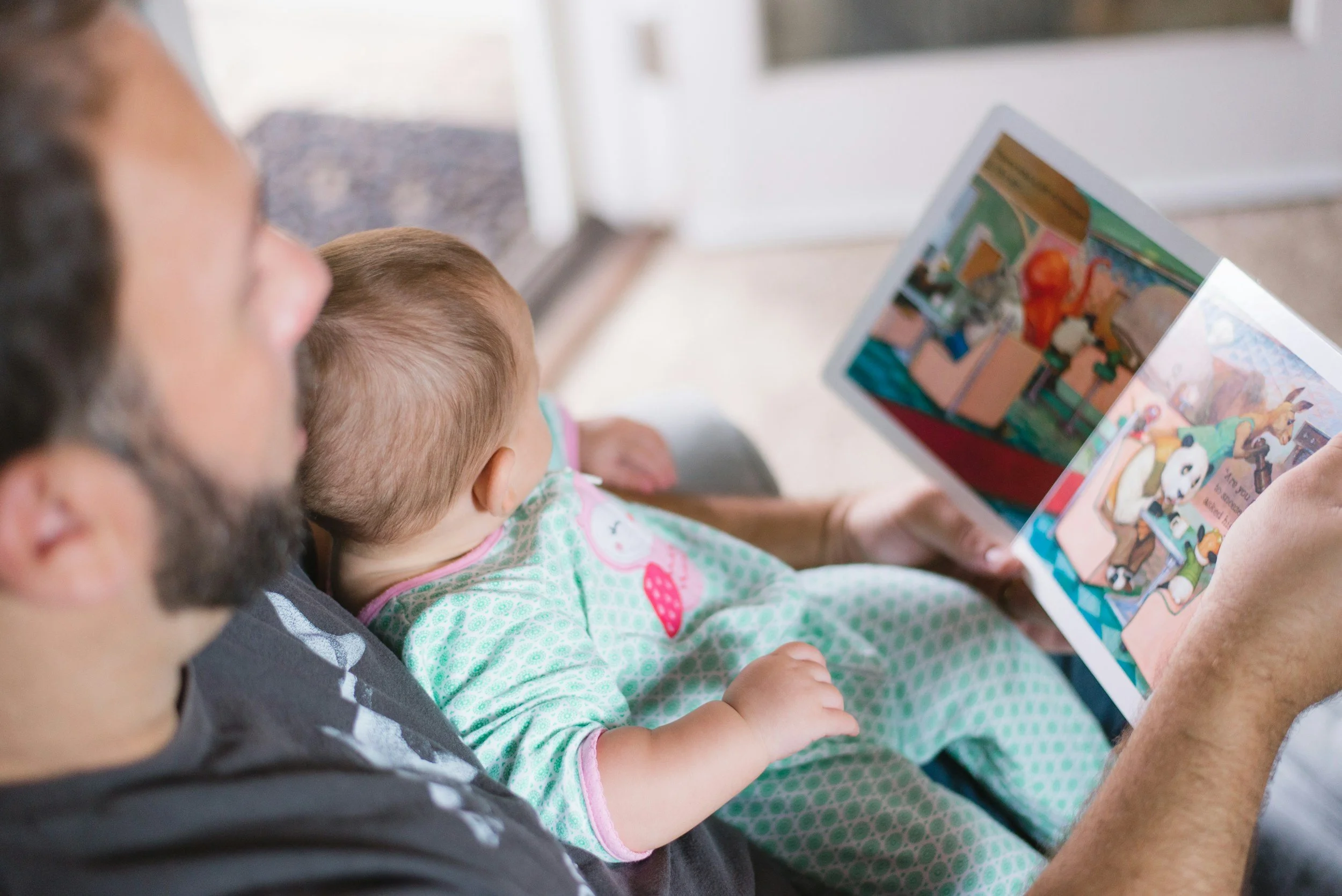Can fathers benefit from coaching too?
When a woman is about to become a mother, she typically experiences a range of heightened emotions – from excitement all the way through to fear - as the physical changes in her body, home and work life all collide.
One of our coachees who we provided maternity coaching to commented that juggling a new baby along with work changes was a “bewildering time” but having a coach to think through practical actions at a time when having a baby, post covid, team changes and restructuring at work “changed everything”. Another new mum said that coaching helped “navigate my way back into the world of work while helping me feel empowered and confident being a full-time working mum.
But could fathers and partners benefit from the same style of coaching?
According to HMRC (2022), only a third (32%) of eligible fathers in the UK took the paternity leave that they were entitled to.
Of those fathers that do take up parental leave offers, their transition into and out of work often covers the equivalent of a typical holiday period (circa 2 weeks). Research by Pregnant Then Screwed (2022) shows that nearly a fifth (17%) of those who didn’t take parental leave said it was because they were worried about discrimination at work or had been told by their employer that they couldn’t take it.
In our experience, even when offered parental coaching, the take up from dads is lower than with mums. Which is interesting in and of itself.
However, during the course of our work we have found:
The emotions experienced are often similar. Dad’s feel fear, or a sense of changing identity for example too.
There are slight differences in the timings of some things. For example, we quite often see a big shift in the birth mother in the 6 – 8 weeks before her due date, at the stage when the imminent arrival is becoming very real, but work is still ramped up and expectations are high. By contrast, the most significant changes happen for the non-birth parent when the child physically arrives, as it’s business more or less as usual until then.
There’s also another very interesting timing period more specific to dads, and this is when the mother does return to work. Often they talk about having got used to the baby, how things are while she’s on parental leave, and a pattern has been found. Then one day she’s ‘back at work’ and it’s all change again, which for dads appears to be an important point where support is needed.
Dads also often seem to feel the conflict between having to be out at work, and wanting to be around when the baby arrives as a very intense time.
There’s so much more to be found out about this period and hopefully as the working world evolves and the roles of parents alter we will see more and more fathers accessing this type of support which will give us greater insight.
For now, I think we can be accurate in saying some of the core things – fear, loss of control, boundaries, identity, motivation and so on - are universal and apply to all parents.
So, in answer to the question – do fathers benefit from parental transition coaching too. Absolutely!
Of course all of the above will apply to all ‘non-birthing’ parents and ‘secondary carers’, not just fathers!



